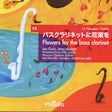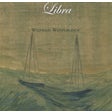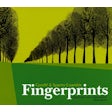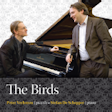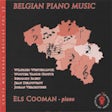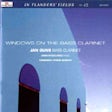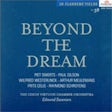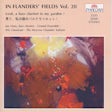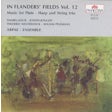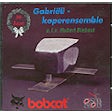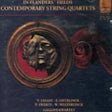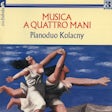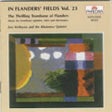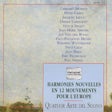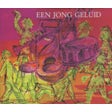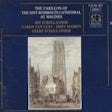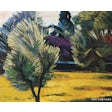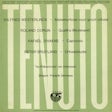Wilfried Westerlinck
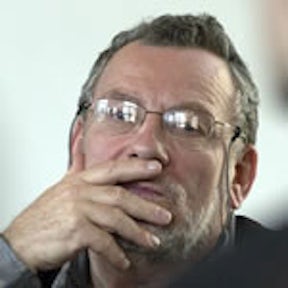
Wilfried Westerlinck
He studied at two conservatories, respectively in Brussels and in Antwerp. Between 1968 and 2001 he worked for the Belgian Radio, where he was responsible for the chamber music department. Between 1970 and 1983 he taught music analysis at the Antwerp Conservatory.
As composer he was awarded several prizes: In 1972 the 'Tenuto-prize' for his 'Metamorphosis' for large orchestra. In 1977 the Antwerp Province award for his 'Landscapes I' for woodwind quintet. In 1985 he recieved the Eugene Baie prize as recognition of the artistic value of his general work. He accepted an invitation for 'composer in residence' in 1983 at the fourth 'International Brass Quintet Festival' in Baltimore and in 1995 at the 'I Fiamminghi in Campo' in Antwerp.
In 2004 he taught at the Music Academy of Gdansk in Poland. During the same year he was invited by the 'Arena-festival' in Riga, where he lectured about Contempory Flemish Music. And in march 2006 he accepted an invitation by Baylor University in Texas to be a guet professor where his music was exclusively executed at the end of his stay. Between 2004 and 2008 he was a frequent guest at the Colony of Arts: ‘Fundación Knecht-Drenthe’ in Spain. In Amsterdam he was awarded the 2015 Visser-Neerlandia prize. In september 2011 the Latvian radio broadcasted a program of 90 minutes dedicated to his music. Since 2012 he has been introducing the ‘Antwerp lunch concerts’ every week on Friday.
His compositions often emanate personal experiences and visual impressions. He starts with very limited baic material that gradually evolves. The composer doesn't evoke a new sound world from the instruments but tries to expose their soul and natural resonance.
The poetic power of Westerlinck's work comes from processing and repetion - harmonic as linear - from a small idea. Accords directly follow the inflections of the melody, give color and atmosphere to the melodic nuances. In melody, harmony and instrumentation Westerlinck's music excudes sensuality. In the best works Westerlinck connects this sensuality with a tender melancholy and it becomes pure poetry. He doesn't create pleasures in double meanings or reference games. This way he falls between the 'Avant-garde' and the 'post-modernism'.
Discover Wilfried Westerlinck also among:
Artists and performers
Flanders Arts Institute
Expertise centre for performing arts, music and visual arts.

